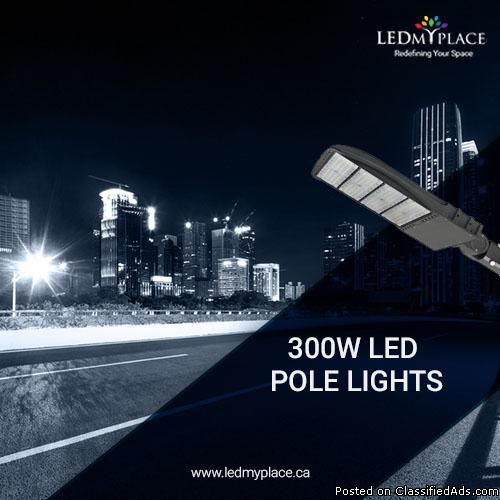In simple terms it is the width of the light emitted from the luminaire measured in degrees.
Led street light beam angle.
New design led street light roadway light.
The standard height of a ceiling is around 7 87 to 8 86 feet so a wider beam angle 60 degrees or more should be sufficient.
Overlapped beam angles will ensure that light is fully covering your space and will prevent injury.
The beam angle of a lamp is the angle at which the light is distributed or emitted.
A narrow beam angle makes.
A common misconception is that the area outside the stated beam angle would be dark however this is not the case with common residential lighting.
A narrow beam gives a concentrated light which is better for accent lighting.
Beam angle of different led bulbs.
What is beam angle beam angle refers to the angle between the two planes of light where the intensity is at least 50 of the maximum intensity at center beam.
The average beam angle on most par lights is 25 degree and will work well for most purposes.
Ultra slim high efficient and multi beam angle availble.
Beam angle and field angle.
Lamps such as halogens and some leds come in a variety of angles from 4 degree to 60 degree with some of the larger halogen lamps up to 120 degree.
In other words we find the center of the beam and take an intensity measurement.
In industrial spaces with high ceilings the higher the light fixtures the narrower the beam angle you will need.
Led downlights are available in a multitude of beam angles.
A wide beam gives a more general softer light.
If you are using led high bay lights which is 360 beam angle you may consider using a reflector to reflect the light.
The beam lumens are the total luminous flux that is emitted within the region of space where the luminous intensity is more than half the.
Most led lights are available in a choice of beam angles.
The full luminous intensity 100 is only achieved exactly in the center of the light circle.
Beam angle indicates the spread of light from the light source.
The ratio of size of an led to the size of the optic determines beam angle.
For the lower ceiling the beam angle will be wider.
If you want a narrow beam coming from your led than this requires a smaller emitter or larger optic.
All this means is that because it is not practical to measure light on both sides of a beam out indefinitely we only measure the light to the angle where the intensity falls below 50 of the initial intensity in the center of the beam.
Smaller emitters will limit the output while larger optics will really push the limits of injection molding.
Ranging from a very narrow 15 degrees spot to a wider 60 degrees flood.

